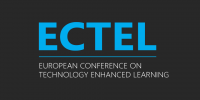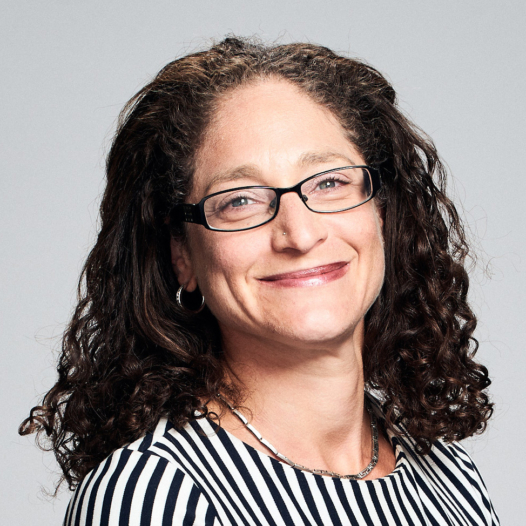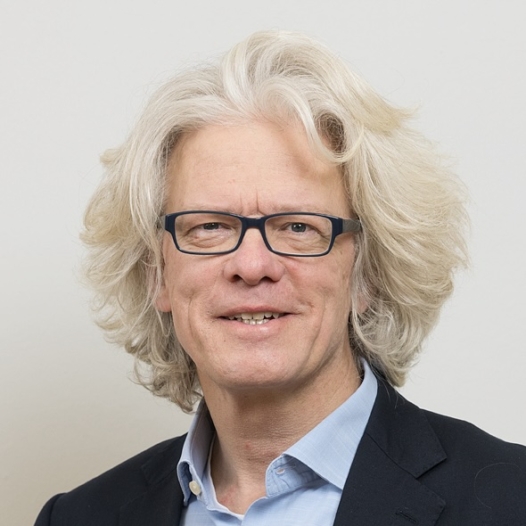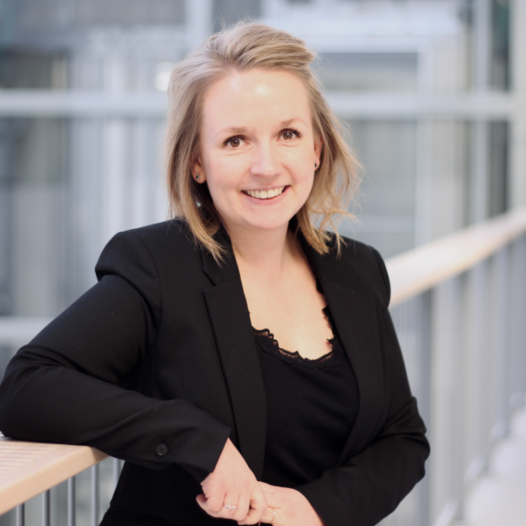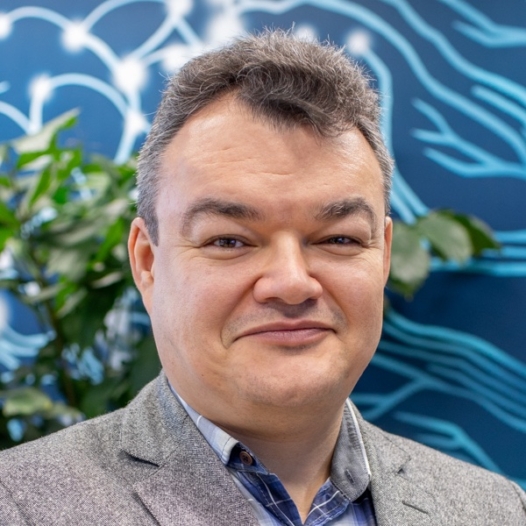Alyssa Wise
Vanderbilt University, USA
Dr. Alyssa Wise is Professor of Technology & Education and Director of LIVE, Vanderbilt’s Learning Innovation Incubator. Dr. Wise’s research combines the tools of data science, the theory of learning sciences and the practices of human-centered design to build and study the use learning analytics and artificial intelligence systems that promote equitable and effective education. […]
Abstract: This talk examines the transformative shift possible in the ways Technology-Enhanced Learning (TEL) can support inclusive and equitable education with three critical reorientations: emphasizing strengths and growth, as well as gaps to be overcome; positioning tools in service to learners’ agency and solidarity; and incorporating a praxis of care. Exploring the specific potential of data-driven technologies such as learning analytics and artificial intelligence, I will consider the novel kinds of information, tools and models inspired by this shift using both examples of projects in development (e.g. translanguaging facilitation, teacher feedback prompting) and the practice of speculative design (e.g. surfacing contribution spaces, early alerting on educational-systems at-risk). Central to the vision is an expansive role for participatory design practices that ensure that TEL initiatives are developed with and in response to the needs of the communities they are intended to support and carefully consider the ways these new tools will integrate into and transform their learning practices.
Dr. Alyssa Wise is Professor of Technology & Education and Director of LIVE, Vanderbilt’s Learning Innovation Incubator. Dr. Wise’s research combines the tools of data science, the theory of learning sciences and the practices of human-centered design to build and study the use learning analytics and artificial intelligence systems that promote equitable and effective education. Her recent efforts focus on developing alternatives to traditional dashboards that support data-informed decision-making and innovating novel asset-based generative AI applications. Dr. Wise holds a Ph.D. in Learning Sciences and M.S. in Instructional Systems Technology from Indiana University, as well as a B.S. in Chemistry from Yale University, and has previously worked with a wide range of non-profit organizations, educational technology start-ups, and classrooms across the Americas.
Detmar Meurers
University of Tübingen, Germany
Prof. Dr. Walt Detmar Meurers is a professor of computational linguistics at the University of Tübingen, where he moved in 2008 after eight years as a faculty member at The Ohio State University. In Tübingen, he is active on the steering board of the LEAD Research Network in Empirical Educational Science and was recently appointed […]
Abstract:
Adaptive digital systems in education hold the promise to support students individually by selecting appropriate learning activities and scaffolding them with feedback. This promise is increasingly discussed by politicians and in the media given that the substantial heterogeneity of students is a central challenge for the school system and digital devices are readily available in many schools. While such system development can build on many decades of research on intelligent tutoring systems, the focus of this research has been on tracing the development of knowledge in the domain to be learned. In the most basic setup, learners are assigned activities only for those parts of the domain that they do not yet master, as determined by a test or by tracking their performance on learning activities. This focus on knowledge contrasts with the nature of the student heterogeneity in real-life education, where learners do not just differ in their background in the subject domain, but also in terms of their language abilities, cognitive characteristics, interests, motivation, and socio-cultural background. An adaptive system thus should be able to engage a student in their zone of proximal development with activities that are varied in the different dimensions. Supporting variability of practice is also of immediate relevance for transfer-appropriate processing, to ensure that the learners can retrieve and productively use what they learned in varied contexts. In this talk, I will present two adaptive systems we developed and how they tackle this challenge: the FeedBook for English and the ALEE system for economics education (a collaboration with Univ. Lüneburg and IÖB Oldenburg), both designed to support individualized practice complementing teacher-led classrooms in secondary school. I discuss how we create or automatically generate varied sets of activities, how they are selected based on learner performance and (in one case) ambulatory assessment of executive functions, and the results of several randomized controlled field studies we conducted in authentic school contexts.
Detmar Meurers is a professor of computational linguistics at the University of Tübingen, where he moved in 2008 after eight years as a faculty member at The Ohio State University. In Tübingen, he is active on the steering board of the LEAD Research Network in Empirical Educational Science and was recently appointed to the Leibniz-Institut für Wissensmedien (IWM) as head of the new “Language and AI in Education” research group there. His research focuses on computational linguistic methods in education and second language acquisition research, and he likes to investigate basic research questions through the development of AI-based tools supporting real-life education needs. He has published widely on topics such as intelligent tutoring systems and their use in authentic school contexts, input enrichment and enhancement tools, the analysis of learner corpora and learning analytics, linguistic complexity and readability analysis, and automatic short-answer assessment.
Panel speakers
Detmar Meurers
University of Tübingen, Germany
Prof. Dr. Walt Detmar Meurers is a professor of computational linguistics at the University of Tübingen, where he moved in 2008 after eight years as a faculty member at The Ohio State University. In Tübingen, he is active on the steering board of the LEAD Research Network in Empirical Educational Science and was recently appointed […]
Kairit Tammets
School of Digital Technologies, Tallinn University, Estonia
Sergey Sosnovsky
Utrecht University, Netherlands
Sergey is Assistant Professor of Software Technology for Learning and Teaching at the Department of Information and Computing Sciences (Utrecht University). His research interests lie at the crossroads of Technology-Enhanced Learning, Adaptive Systems and New Web Technologies.
Panel moderator
Maria Perifanou
University of Macedonia, Greece
Dr. Maria Perifanou is an adjunct lecturer in Applied Linguistics at the Faculty of Italian Language & Literature at the Aristotle University of Thessaloniki and an adjunct academic staff at the Hellenic Open University at TESOL Master’s Programme. She works also as a senior researcher at the Smart and Mobile Learning Environments (SMILE) Lab of […]
